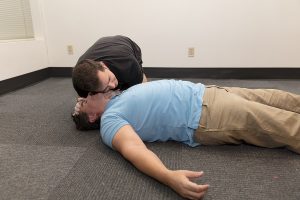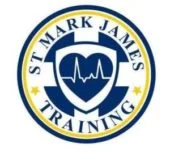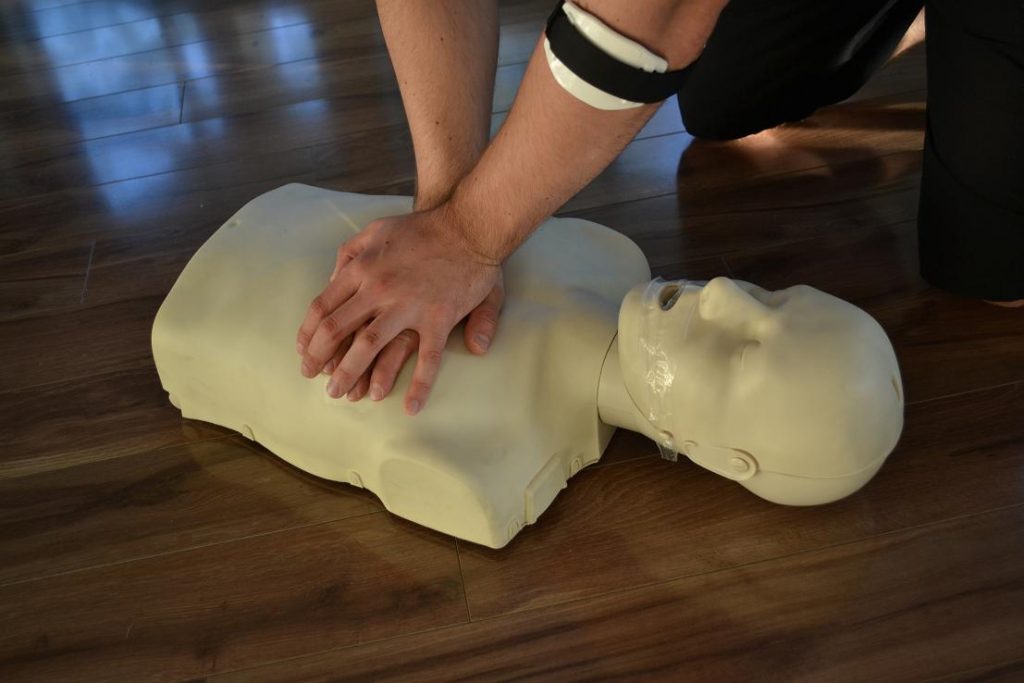Life-saving skills are actions involving rescue, resuscitation and first aid. A pilot project in Ottawa is teaching young indigenous people across Canada. Indigenous people are also called aboriginal and they are referred to First Nations, Metis and the Inuit people. They are the original inhabitants of Canada. The goal is training first aid and cardiopulmonary skills to indigenous people and eventually teaches their skills they learned to more people in the area.
Essential skills
First aid is the assistance provided to a person suffering from injury or illness with proper care to preserve life and prevent the condition from becoming worse. First aid also promotes recovery. CPR or cardiopulmonary resuscitation is a lifesaving technique that can be used in emergencies that includes near drowning or heart attack, in which the breathing or heartbeat of the person has stopped.

Five young indigenous students from the Northwest Territories, Ontario, Labrador and Manitoba were given five days training at St. John’s Ambulance in Ottawa. These people were chosen by the Indspire. Indspire is a national registered charitable organization committed in raising funds in delivering programs that gives the necessary tools especially for the achievement potential of the youth of the indigenous communities in Canada. Dr. Michael Dan, one of the boards of directors of the Indspire paid the project from raised money. He hopes the involvement of the government by funding first aid training in the indigenous communities could save money. First aid training of people in the community could save one air ambulance flight per year and that can cover the cost of training in the entire community.
Why is it important?
Emergencies happen anytime in the reserve and people in the area don’t know how to respond to these types of emergencies. There are only few people in the indigenous communities who have training in first aid. With further training, the students in the pilot project can become first aid instructors and train other people in their communities for free.
The long-term objective of this project is training for indigenous instructors who are able provide guidance and instruct other indigenous people to become a trainer. The hope is to make knowledge on first aid and instruction also available in even the most isolated communities.
According to Kellyann Meloche, an emergency manager at the Mohawk Council of Kahnawake, we will train a local person in the community and eventually become a teacher in their own community. Meloche is an instructor in first aid classes for more than two years and hopes to train other instructors.
For more information about this story, click here to learn.
LEARN MORE
Learn how to help by enrolling in a first aid course and for more information, check out these sources:
https://www.wikihow.com/Do-Basic-First-Aid
https://www.verywellhealth.com/basic-first-aid-procedures-1298578
https://www.mayoclinic.org/first-aid/first-aid-cpr/basics/art-20056600

